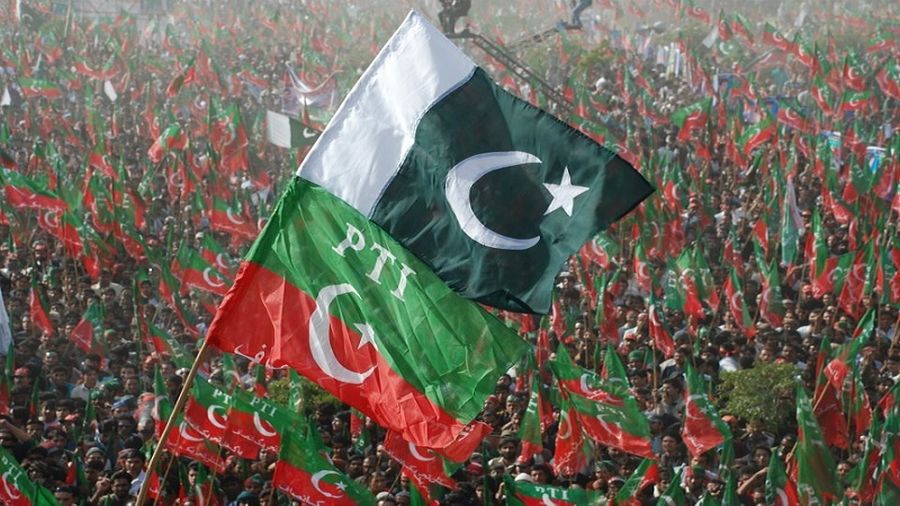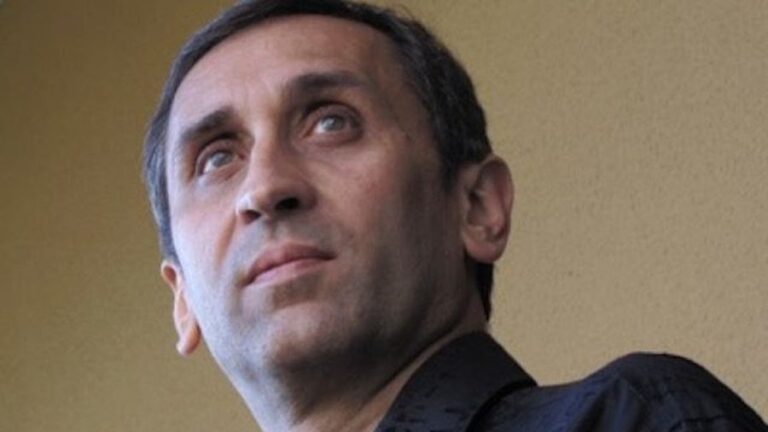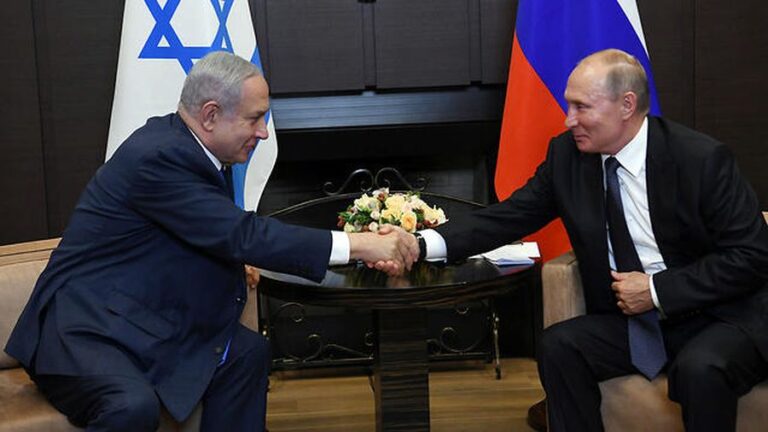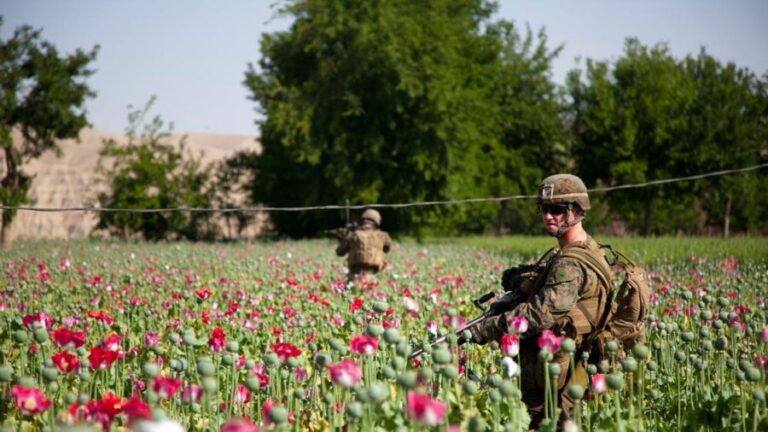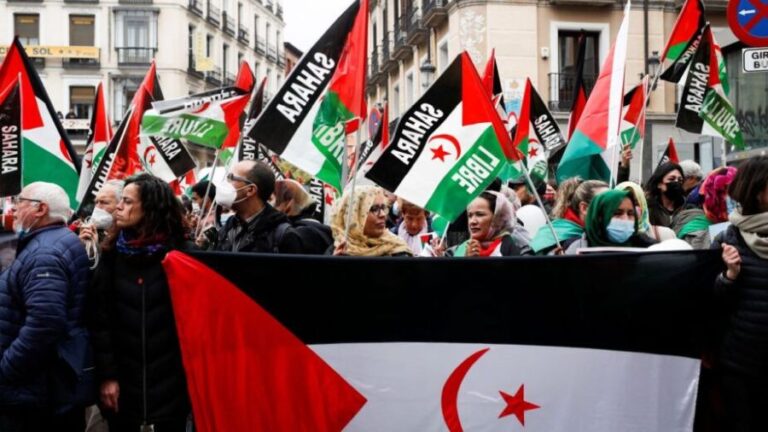Explaining PTI’s Historic Victory in the Punjab By-Elections
Its genuine popularity at the grassroots level shouldn’t be a surprise to anyone, neither those in the country nor observers who’ve objectively followed events there from afar. What took everyone off guard, however, was that PTI was “allowed” to win by those same stakeholders who are suspected of having at the very least “passively facilitated” early April’s post-modern coup against former Prime Minister Imran Khan.
PTI smashed PMLN and their coalition allies in Punjab’s by-elections on Sunday, thus confirming that the party truly represents the will of the Pakistani people. Its genuine popularity at the grassroots level shouldn’t be a surprise to anyone, neither those in the country nor observers who’ve objectively followed events there from afar. What took everyone off guard, however, was that PTI was “allowed” to win by those same stakeholders who are suspected of having at the very least “passively facilitated” early April’s post-modern coup against former Prime Minister Imran Khan. There were credible fears of large-scale fraud prior to the vote, but while some scandalous incidents were reported across social media, whatever foul play unfolded clearly wasn’t sufficient to stop PTI’s historic victory.
There are five main reasons behind this outcome, which will now be briefly discussed.
———-
1. The Post-Modern Coup Prompted Serious Concern About Pakistan’s Future
The international and domestic circumstances within which former Prime Minister Khan was ousted, both objectively existing and speculative, were completely unexpected for the majority of Pakistanis. Particularly, claims of a US-orchestrated conspiracy that allegedly saw that foreign power employ the then-opposition (irrespective of whether they were “useful idiots” and/or willing accomplices) to remove the premier through superficially democratic means as punishment for his independent foreign policy and specifically his trip to Russia were widely embraced by the masses. Even those who were critical of their leader regarded it as unjust and were worried about why those stakeholders with whom national security is entrusted remained “neutral” by not launching a comprehensive investigation.
2. Stakeholders Were Perceived As Acting Suspiciously
Building upon the last point, popular perceptions began to shift against those same stakeholders in unprecedented ways. The overwhelmingly vast majority of the people continued to patriotically support their national security institutions that are crucial for ensuring Pakistan’s survival in its very challenging geostrategic environment, but a growing number increasingly began to question the elite echelon’s “neutrality” in the face of what former Prime Minister Khan compellingly alleged was a US-orchestrated conspiracy. PTI’s traditional anti-corruption message thus began to indirectly implicate leading figures, which in hindsight served as a catalyst for uniting the nation behind what the ousted leader described as his country’s new freedom movement that he launched in order to restore Pakistan’s sovereignty.
3. The Economic Crash Destroyed The Post-Modern Coup Authorities’ Credibility
Those who came to power through the post-modern coup insisted that they only ousted him in order to save the supposedly struggling economy, yet they ironically presided over one of its worst collapses in history. Not only that, but the Pakistan Economic Survey that was released in early June confirmed that the PTI government had actually succeeded in getting the economy back on track. While it’s true that the Ukrainian Conflict likely had an influence on recent economic woes, the consequences were exacerbated by the post-modern coup authorities’ ineptitude (including by failing to clinch a deal with Russia over discounted food and fuel imports), which was made all the worse by Finance Minister Miftah Ismail literally laughing while predicting further fuel price hikes. All of this destroyed their credibility.
4. Brutal Crackdowns Led To A Massive Loss In Public Trust
One of the worst things to have happened in recent Pakistani history was the ordering of increasingly brutal crackdowns against peaceful protesters and opposition journalists over the past quarter of a year. The post-modern coup morphed into post-modern martial law because of some forces’ fear of a popular democratic uprising in response to the US-orchestrated regime change crashing the country’s economy. They also remained silent in the face of calls for free, fair, and early elections after the Supreme Court discredited the means through which former Prime Minister Khan was removed following their ruling on Article 63A. Instead of intimidating the people, this served to unite them like never before, which directly led to PTI crushing PMLN and their coalition allies in Punjab’s by-elections.
5. Multipolar Stakeholders Seemingly Exerted Positive Influence Over Their Pro-US Peers
It was argued by the author back in early April that Pakistani stakeholders can be described as adhering to one of two distinct schools of thought: the multipolar or pro-American one. This admittedly speculative model has been extended credence after Sunday’s by-elections since it presents the most plausible explanation for why the credible fears of large-scale fraud prior to the vote didn’t unfold. What seems to have happened is that multipolar stakeholders finally exerted positive influence on their pro-US peers behind the scenes by convincing them not to egregiously rig the vote, which would have risked plunging Pakistani into pandemonium since its people wouldn’t have accepted that. While it’s too early to tell what the full implications of this might be, it should still fill many with cautious optimism.
———-
A quick review of the above insight will conclude the analysis.
The “perfect storm” was responsible for PTI’s stunning victory in Punjab’s by-elections. The post-modern coup set into motion a sequence of events that resulted in what can be described without exaggeration as a democratic revolution inspired by former Prime Minister Khan’s new freedom movement. The same party that was scandalously ousted from power only a quarter of a year ago just won control of Pakistan’s largest province after beating an entire coalition and their stakeholder supporters. The people supported PTI in such large numbers that it would have been impossible to rig the vote without provoking a major crisis, which in turn enabled multipolar stakeholders to exert positive influence over their pro-US peers. Everything continues to change in Pakistan, but this time in a positive direction.

